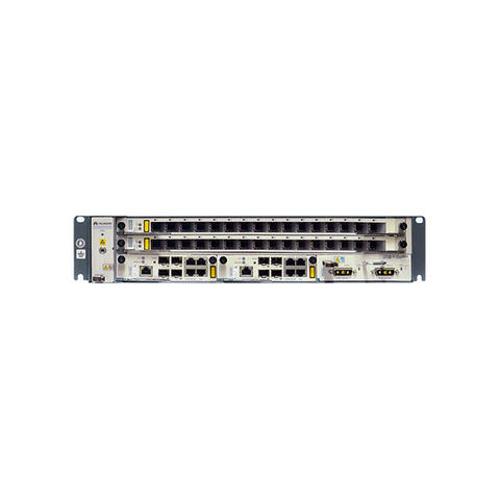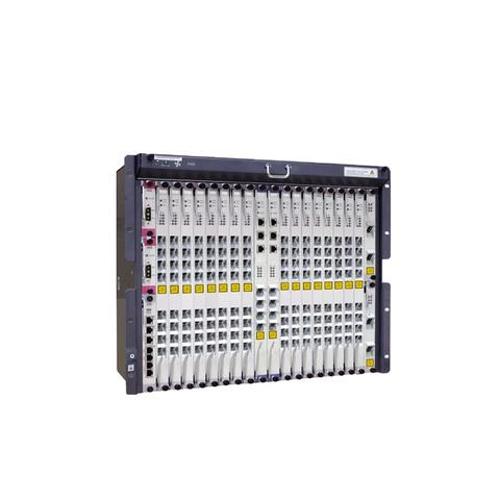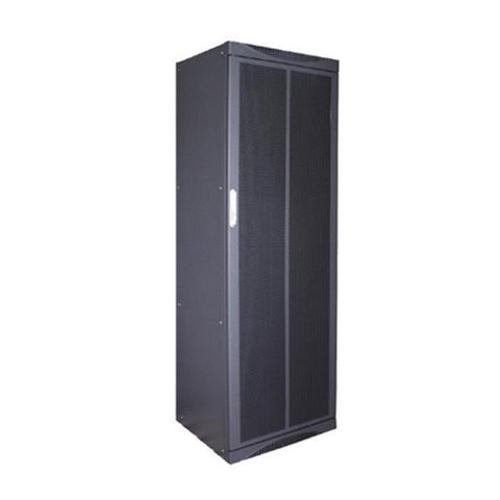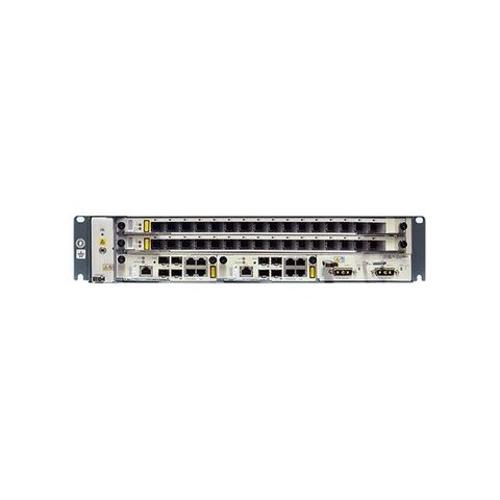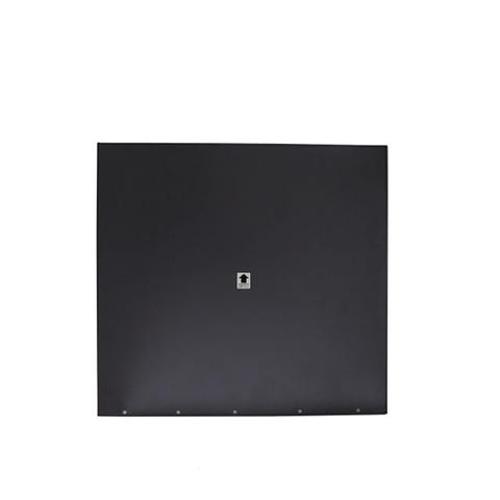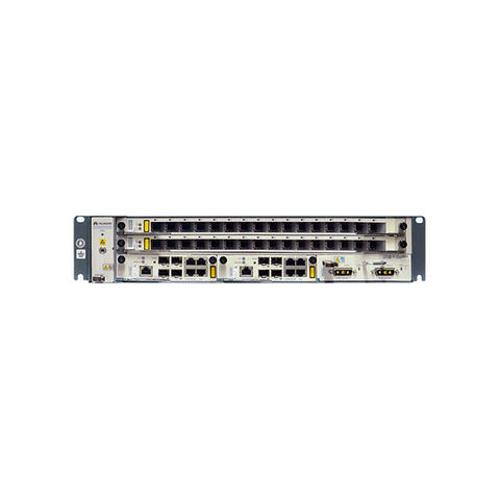HUAWEI MA5600T GPON OLT MABH MABC SCUN
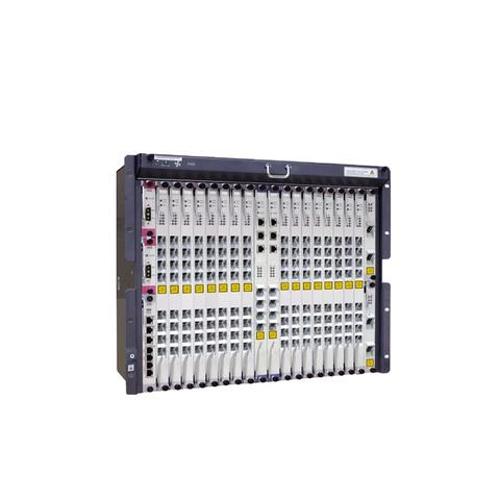
Short Description:
| Access features | 10G GPON access GPON access P2P access ADSL/ADSL2/ADSL2+ access VDSL2 access (supporting vectoring) ATM SHDSL/EFM SHDSL access TDM SHDSL access |
| Broadband Layer 2 features | MAC address management MAC address learning VLAN attribute management Service stream processing Layer 2 forwarding policy Traffic classification VLAN switching policy Bridging |
| QoS | Priority processing Traffic management ACL policy Congestion management HQoS |
| Multicast | PIM-SSM IGMP snooping IGMP proxy Multicast VLAN management Multicast program management Multicast user management Multicast CAC VPLS multicast |
| IPv6 | IPv6 basic feature IPv6 QoS IPv6 Layer 2 forwarding BGP4+ OSPF v3 |
| Network protection features | *ERPS MSTP RRPP Smart link and monitor link Inter-board aggregation Ethernet link aggregation (through the LACP protocol) BFD STM-1 port protection switching Redundancy protection GPON Type C |
| MPLS | Basic MPLS functions MPLS RSVP-TE MPLS OAM Graceful restart (GR) function of the LDP, RSVP-TE, and PW As a P device MPLS PW traffic label VPLS |
| Layer 3 features | VLAN Layer 3 interface ARP ARP proxy DHCP relay DHCP option 60 Static routing RIP dynamic routing OSPF dynamic routing IS-IS dynamic routing BGP dynamic routing DHCP proxy ECMP VRF VRRP snooping |
| Layer 2 tunnel emulation technology | TDM PWE3 ATM PWE3 ETH PWE3 Terminating the SAToP service and transmitting the service upstream through the STM-1/E1 port Terminating the native TDM service and transmitting the service upstream through the E1/STM-1 port |
| Voice service | VoIPFOIP SIP H.248 ISDN BRA/PRA access MOIP POTS voice service Issuing voice configurations through OMCI R2 PBX access H.248/SIP dual upstream transmission |
| Security | User security System security OAM security Line security |
| OAM features | Remote operation and user management Version and data management Device exception management Service overload control ETH OAM(Y.1731) RING check ANCP Intelligent site management Centric Management for GE Remote Extended Subracks in FTTB or FTTC Scenarios GE upstream commission outside of the site |
| System energy conservation | Energy conservation control Energy consumption monitoring |
| Environment monitoring | Monitoring parameters: temperature, humidity, water, smoke, MDF, and door status sensor Temperature control unit (TCU) management Battery online status monitoring and alarm reporting SMU power management |
| Control board redundancy | Load-balancing mode Active/Standby mode |
| Clock features | *IEEE 1588 V2 clock synchronization BITS access clock synchronization Synchronous Ethernet clock System internal clock Network time synchronization Line recovered clock (E1/STM-1/SAToP) |
xxxxxxx.
